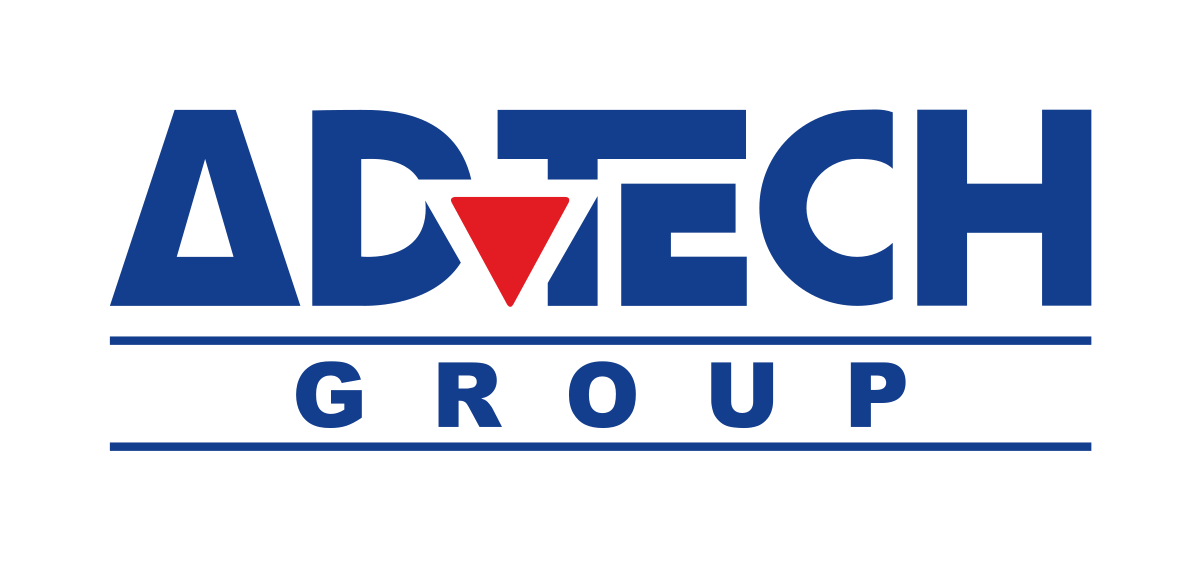For a postgraduate study journey that’s as unique as you are, choose IIE MSA
By Alex Asakitikpi, School of Social Science Head at IIE MSA
There is a common misconception amongst students that there is only one post-graduate path they can follow to achieve their career goals and dreams. The truth, however, is that while the traditional ‘undergraduate – honours – masters – doctorate’ path is a tried and tested way, this is just one of the approaches to achieving high employability status. In fact, your postgraduate journey can, and should be as unique as you are. At IIE MSA a leading educational brand of The Independent Institution of Education the largest private higher education service provider in South Africa, we firmly believe in giving our students the opportunities they need to tailor their post-graduate studies to their exact needs, study preferences, and career aspirations.
That’s why we offer a range of world-class IIE postgraduate study options that are structured to allow you to comfortably fit learning into your busy life. The options are also designed to expand your theoretical knowledge and insight, deepen your global perspective, and set you up for the success you deserve.
An excellent example of this customised postgraduate knowledge expansion journey is the selection of IIE Postgraduate Diplomas. These in-depth postgraduate qualifications are specifically structured with the time constraints of busy professionals in mind, and allow you to study full or part-time, depending on your employment situation. They are highly specialised and fully accredited by the South African Council on Higher Education. The modules have been crafted to expand your theoretical knowledge as well as your practical skills in very specific, and highly sought-after fields, including water management, public health, finance, accounting, corporate governance, internal auditing and business leadership.
For example, the IIE Postgraduate Diploma in Water Management is a two-year qualification that’s designed to equip students to become highly effective managers with a full understanding of the world’s complex water challenges, and the insights to lead their organisations and government to develop and deliver practical solutions to most water and sanitation problems. In a water-stressed country like South Africa, this qualification is a career changer that can open opportunities in various water fields, from river basin management, groundwater management, water supply and sanitation to water resource planning, water resource economics and water treatment.
The IIE Postgraduate Diploma in Public Health is another avenue that is open to IIE MSA students who want to unlock the door to rewarding and meaningful careers. It offers a contextualised and highly relevant platform to acquire or enhance knowledge and skills related to all-important public health service delivery systems.
While the IIE Postgraduate Diplomas are not intended to replace an honours degree, they offer a valuable alternative for anyone who wants to enhance their expertise, and employability, in a specific field. Many graduates holding these IIE Postgraduate Diploma qualifications have found themselves able to access promotion opportunities because of the qualifications they have acquired. They are also excellent postgraduate alternatives for students who want to balance their personal and work life with education. For those who wish to specialise in the finance and accounting fields, it is useful to consider completing the full-time programmes of IIE Postgraduate Diploma in Accounting or the IIE Postgraduate Diploma in Finance and Accounting. For students who wish to specialise in the sought-after internal auditing field, study a part-time IIE Postgraduate Diploma in Internal Auditing offered at IIEMSA
In addition to the above, IIE MSA also offers various other IIE postgraduate options especially for those who want to build on their undergraduate studies with a formal IIE Honours degree. Most of these are full-time postgraduate degree courses with significant supervised research components. The five IIE Honours Degree courses offered at IIE MSA in Computer and Information Sciences, Social Science, Business Science, Public Health and Economics, are the ideal pathways for sound theoretical and practical knowledge that is recognised, and which give students a competitive advantage in local and global job markets.
For those who have already acquired their honour’s degree, IIE MSA also offers a selection of accredited IIE Master’s Degrees designed specifically to further hone their specialist skills and develop in-depth and advanced knowledge across a range of disciplines. The two IIE Master of Philosophy degrees, in Arts and in Integrated Water Management, have been crafted to educate and train IIE graduates to become accomplished researchers who can contribute to the advancement of knowledge in a specific field. These qualifications are also a proven way of gaining access to advanced, specialised, and professional employment opportunities. The IIE Master of Philosophy (MPhil) curricula are heavily biased towards research, and students are assigned to accomplished researchers who assist them throughout the intensive process of researching their chosen topic and guiding their thesis to completion.
The process not only results in a highly regarded IIE postgraduate qualification, but also serves to build skills like critical thinking, problem solving, statistics and data management, knowledge transfer and effective leadership – all of which significantly enhance the employability of IIE Master’s degree graduates.
Another two master’s degree options offered at IIE MSA are the IIE Master of Business Administration (MBA) qualification and the IIE Master of International Business (MIB). The MBA prepares working professionals to be leaders, to understand universal business problems and challenges in the South African and global context and to apply best practices and management styles. MBA programmes are typically designed to provide a high level of theoretical engagement, intellectual independence and the ability to resolve complex business problems in an innovative way. The MIB, is a specialised degree that will enable you to transform from a traditional business manager into a global business leader who understands the complexity of managing in a global society. This qualification specifically focuses on strategic planning for international operations and provides an in-depth understanding of the organisational capabilities required for international operations, including specialised functions such as international marketing, finance, economics and trade law. The degree includes classes that address topics such as imports and exports and intercultural communication against the background of changes brought about by the fourth industrial revolution.
Unlike the research-focused MPhil degrees, the IIE MBA and IIE MIB are professional degrees that have been specifically engineered to provide students with a high level of theoretical and intellectual depth that are required to solve complex business problems. A graduate holding the IIE MBA or IIE MIB qualification is equipped to lead organisations or business divisions through the application of global best practices and proven management styles. The IIE curriculum includes a unique “Innovation Research Project”, that requires students to apply their theoretical knowledge to research and deliver innovative strategic solutions to a complex business challenge or issue. IIE MBA and IIE MIB graduates have gone on to hold various executive leadership positions in local and global organisations, including serving as directors, CEOs, and senior functional specialists.
Registration at IIE MSA for 2022 is now open. Visit www.iiemsa.co.za to find out more about the IIE programmes offered. While you’re there, click on the ‘Enquire’ link to arrange a no obligation consultation with one of our student advisors. Alternatively email us at enquiries@iiemsa.co.za or call us on +27 11 950 4000.
ADvTECH Updates










